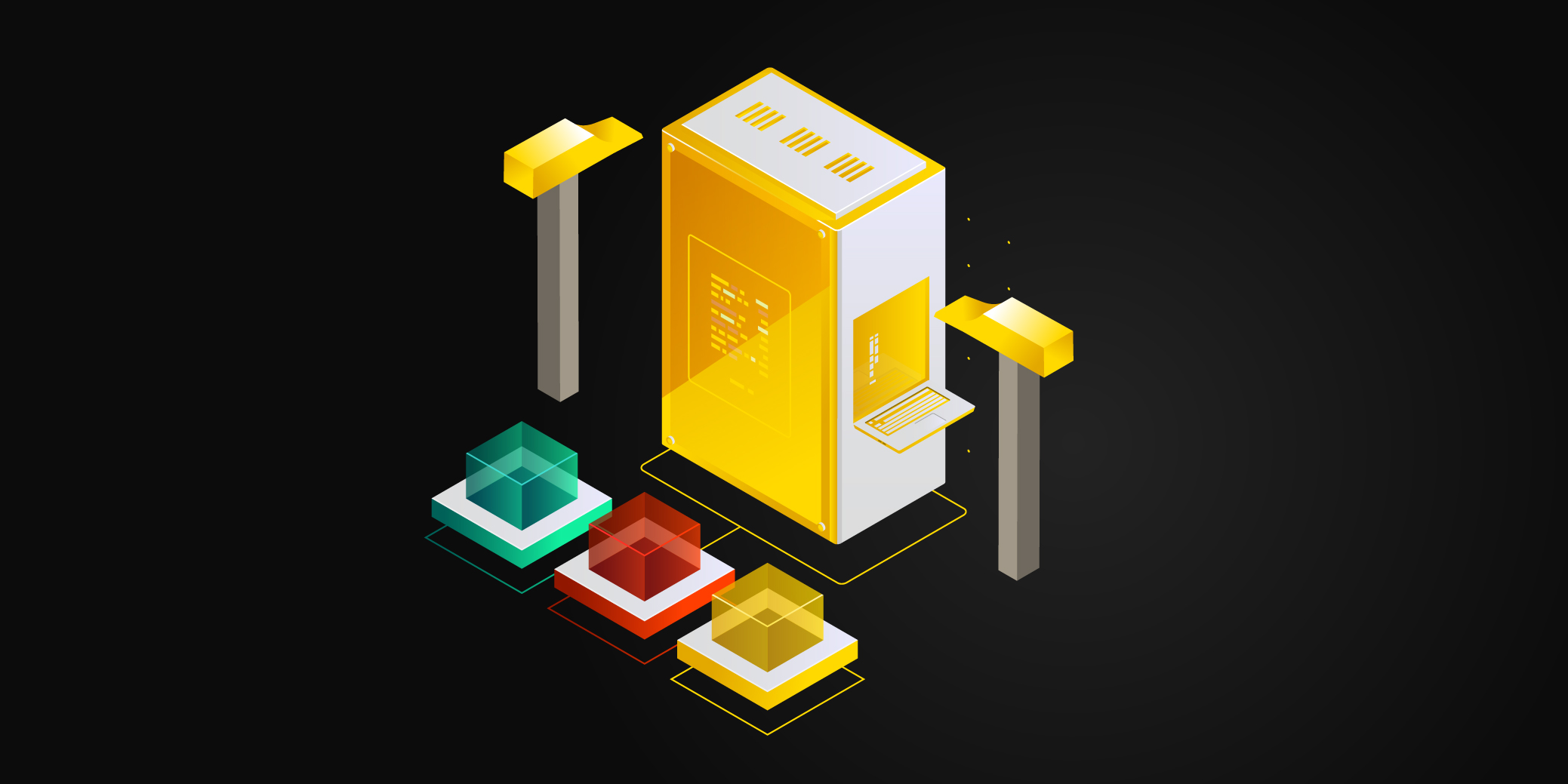
Cryptocurrency mining has become one of the current hot topics, attracting considerable attention and engagement. This article delves into what cryptocurrency mining is and how it operates.
I. What is Cryptocurrency Mining?
Cryptocurrency mining refers to the process of verifying and adding cryptocurrency transaction information to a blockchain by solving complex mathematical problems. Mining is undertaken to create new units of cryptocurrency and ensure the secure and stable operation of the entire blockchain network.
II. Principles of Cryptocurrency Mining
1. Blockchain and Consensus Mechanism
To comprehend the principles behind cryptocurrency mining, understanding blockchain and the consensus mechanism is crucial. Blockchain is a decentralized distributed ledger that records all cryptocurrency transactions. The consensus mechanism ensures agreement among all nodes in the blockchain network regarding transaction information.
2. Proof of Work (PoW)
Proof of Work is one of the most prevalent consensus mechanisms. During mining, miners validate their contributions to the cryptocurrency network by solving mathematical problems. This problem typically involves computing a hash function with a specific level of difficulty, requiring miners to continually attempt different inputs until finding the desired random number.
3. Mining Process
When a miner successfully solves the problem and finds the required random number, they inform other nodes and add the block to the blockchain. This completion process also signifies the miner receiving a certain amount of cryptocurrency as a reward.
III. Operation of Cryptocurrency Mining
1. Mining Equipment and Hash Power
Specialized equipment like mining rigs, central processing unit (CPU), graphics processing units (GPUs), or application-specific integrated circuits (ASICs) are employed for cryptocurrency mining. These devices efficiently execute mining algorithms, providing substantial computing power to enhance the chances of successfully solving mathematical problems.
2. Mining Pools
Mining pools facilitate collaborative mining involving multiple miners. Miners contribute their computing power to the pool, where algorithms break down the overall problem into smaller tasks distributed among different miners. Upon a miner discovering the required random number, rewards are distributed throughout the mining pool based on contribution.
3. Reward Mechanism
Mining rewards consist of block rewards and transaction fees. Block rewards are cryptocurrency incentives received when a miner successfully adds a new block to the blockchain. Over time, block rewards diminish. Transaction fees refer to charges paid by users in transactions, of which miners earn a portion as a reward.
IV. Impact and Issues of Cryptocurrency Mining
1. Energy Consumption
Cryptocurrency mining necessitates substantial computing power and energy support, raising concerns about its adverse energy impact.
2. Environmental Concerns
Mining's potential environmental impact correlates with energy consumption. Massive energy use and the generation of electronic waste from mining activities might exert pressure on the environment.
3. Centralization Trend
As time progresses, cryptocurrency mining power increasingly concentrates in large mining pools or a few mining entities, posing concerns related to centralization and security.
V. Future Trends and Development Directions
As cryptocurrency technology advances, mining evolves accordingly. Future trends may involve adopting new consensus mechanisms like Proof of Stake and Proof of Capacity, alongside the emergence of more specialized mining equipment.
In summary, cryptocurrency mining is a process based on blockchain technology and consensus mechanisms. It involves validating and adding transaction information to the blockchain by solving mathematical problems. Specialized mining equipment and substantial computing power are required. Despite facing challenges, mining offers opportunities to earn cryptocurrency rewards and ensures the secure functioning of blockchain networks. In the future, cryptocurrency mining will continue evolving to meet changing technological and market demands.
